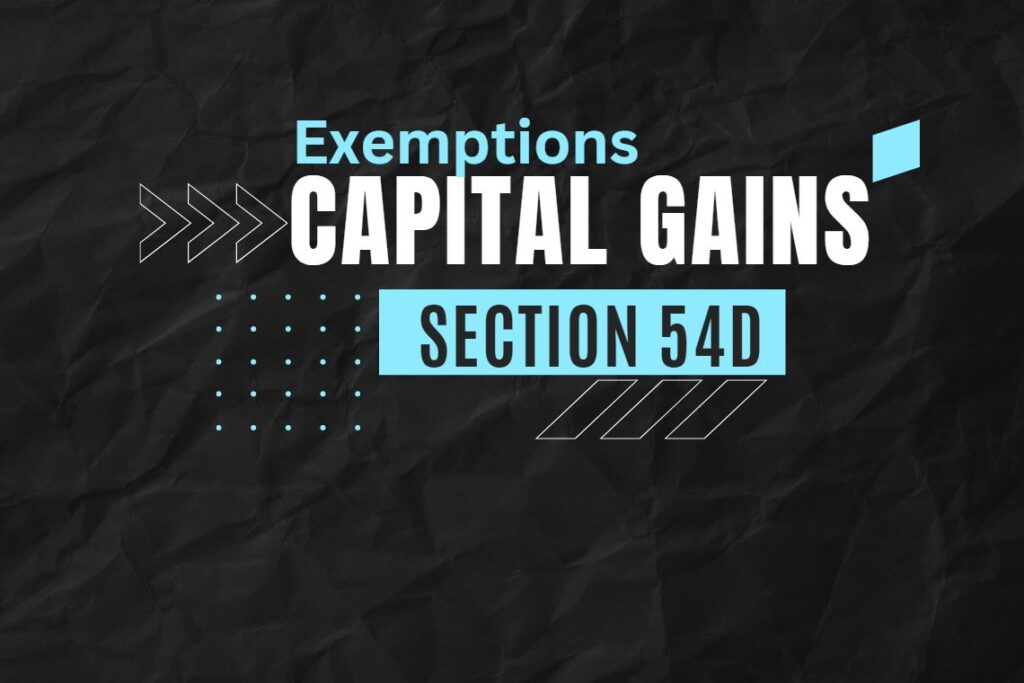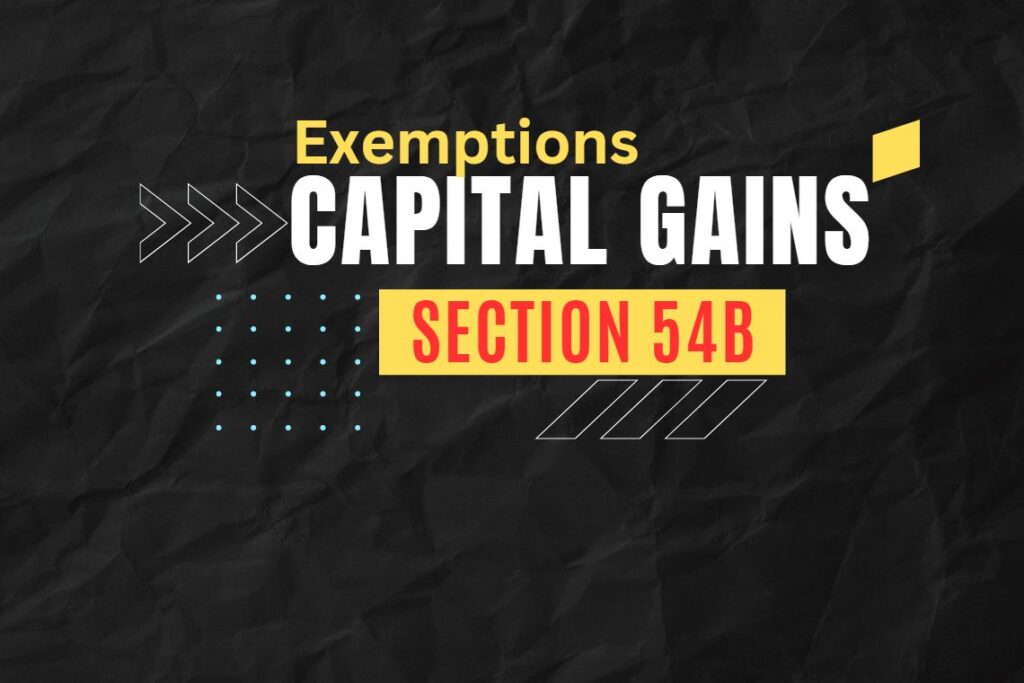Here we describe all the Provisions towards Calculation of Tax on Short-term Capital Gains under Section 111A in case of Equity Shares and Units of Equity Oriented Fund.
Where the total income of an assessee includes any income chargeable under the head “Capital Gains”, arising from the transfer of a short-term capital asset, being
(i) an equity share in a company or
(ii) a unit of an equity oriented fund or units of such fund of funds or
(iii) a unit of a business trust
and
(a) the transaction of sale of such equity share or unit is entered into on or after 1.10.2004;
(b) such transaction is chargeable to securities transaction tax,
the tax payable by the assessee on the total income shall be computed as under:
(i) on such short-term capital gains 15%; and
(ii) on the balance amount of the total income special rates or normal as applicable.
| For the purpose of short-term capital gain, the period of holding in this case of a unit of a business trust shall be 36 months instead of 12 months. |
However, in the case of an individual or a Hindu undivided family being a resident, where the total income as reduced by such short-term capital gains is below the maximum amount which is not chargeable to income-tax, then, such short-term capital gains shall be reduced by the amount by which the total income as so reduced falls short of the maximum amount which is not chargeable to income- tax and the tax on the balance of such short-term capital gains shall be computed at the rate of 15%.
Tax on Short-Term Capital Gains
Short-term capital gains refer to the profits earned from the sale of equity shares or units of equity-oriented funds held for a period of up to one year. The tax on such gains is calculated as per the provisions of Section 111A.
As per Section 111A, the tax rate on short-term capital gains from the sale of equity shares and units of equity-oriented funds is 15%. This rate is applicable if the gains arise on or after 1st April 2018 and the securities transaction tax (STT) is paid at the time of transfer.
Conditions for Applicability
To avail the benefit of the lower tax rate of 15%, certain conditions need to be fulfilled:
The gains should arise from the transfer of equity shares or units of equity-oriented funds.
The transfer should be made on or after 1st April 2018.
The STT should be paid at the time of transfer.
The gains should be short-term capital gains, i.e., the holding period should not exceed one year.
Example
Let’s understand the tax calculation on short-term capital gains with the help of an example:
Mr. Sharma purchased 500 shares of XYZ Ltd. on 1st July 2021 at a price of Rs. 100 per share. He sold these shares on 30th June 2022 at a price of Rs. 150 per share. The STT paid at the time of transfer was Rs. 1,000.
The total purchase cost of the shares was Rs. 50,000 (500 shares x Rs. 100 per share). The total sale value was Rs. 75,000 (500 shares x Rs. 150 per share). The short-term capital gain is Rs. 25,000 (Rs. 75,000 – Rs. 50,000).
Since the gains are short-term capital gains and the STT was paid, the tax liability will be calculated at a rate of 15%. Therefore, the tax on short-term capital gains will be Rs. 3,750 (15% of Rs. 25,000).
No Deduction under Chapter VIA:
Further, where the gross total income of an assessee includes any short-term capital gains referred to in section 11 1A above, the deduction under Chapter VIA shall be allowed from the gross total income as reduced by such capital gains.
Taxability of ULIP on Sale or Redemption:
The Finance Act, 2021 has included such ULIPs [to which exemption under section 10(10D) does not apply on account of the applicability of the ‘fourth and fifth provisos] in the definition of equity oriented fund in section 112A so as to provide these policies the same treatment as unit of equity oriented fund. Thus provisions of section 111A would also apply on sale / redemption of such ULIPs if there is any short-term capital gain on account of such ULIPs.
Summary :
Section 111A specifically deals with the taxation of short-term capital gains arising from the sale of equity shares in a company or units of an equity-oriented mutual fund, where the securities transaction tax (STT) is applicable. Here’s how the taxation works:
- Applicability: Section 111A is applicable when you sell equity shares or units of equity-oriented mutual funds within a specified holding period.
- Holding Period: To qualify for the concessional tax rate under section 111A, the equity shares or mutual fund units should be held for a short-term period. As of my last update, this holding period was less than or equal to 12 months.
- Tax Rate: Short-term capital gains on these transactions were taxed at a flat rate of 15% plus a cess and surcharge as applicable. The effective tax rate may be slightly higher due to cess and surcharge.
- Exemptions: Gains made up to a specified limit might be exempt from tax. For equity shares, there was a provision for an exemption under section 10(38) of the Income Tax Act. However, exemptions may change, and it’s essential to verify the current provisions.
- STT Requirement: To be eligible for the concessional tax rate under section 111A, the sale transaction should be liable to STT. This means that the transaction should be executed on a recognized stock exchange in India, and STT should have been paid on the sale.
- Reporting and Filing: You should report your short-term capital gains from such transactions in your Income Tax Return (ITR) and pay the applicable tax.
Please note that tax laws are subject to change, and the details provided here may not reflect the current tax regulations. It’s crucial to verify the latest tax rules and consult a tax professional for advice tailored to your specific situation, especially if you are planning to make investments or have transactions involving short-term capital gains in India.











